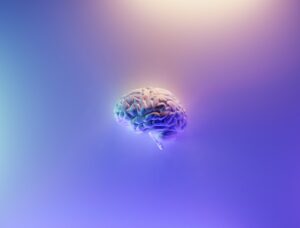Why everything seems worse in the winter Even though winter has a lot going for it – woolly hats, hot chocolate, curling up with a book, thick socks, a log fire and other things ‘hygge’ coming to mind – something important is missing: light. At this time of year, you go to work before sunrise and come home after sunset, with very little exposure to natural light in between. This lack of light over months on end causes serious problems for many people. According to BUPA, the ‘winter blues’, or seasonal affective disorder (SAD), affects about 3% of the population ...









